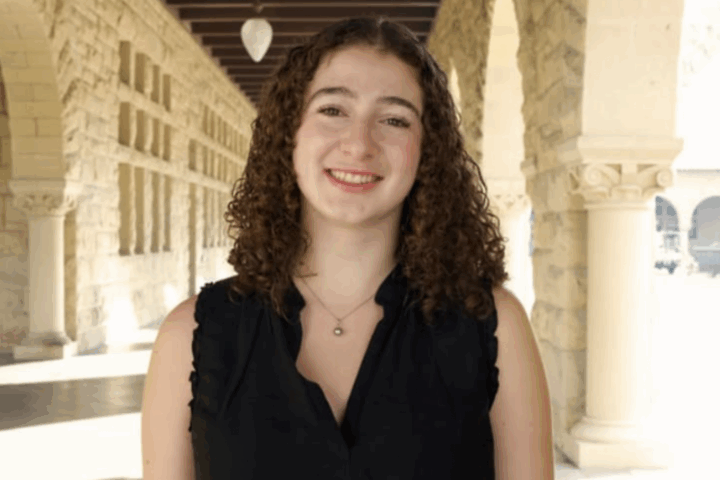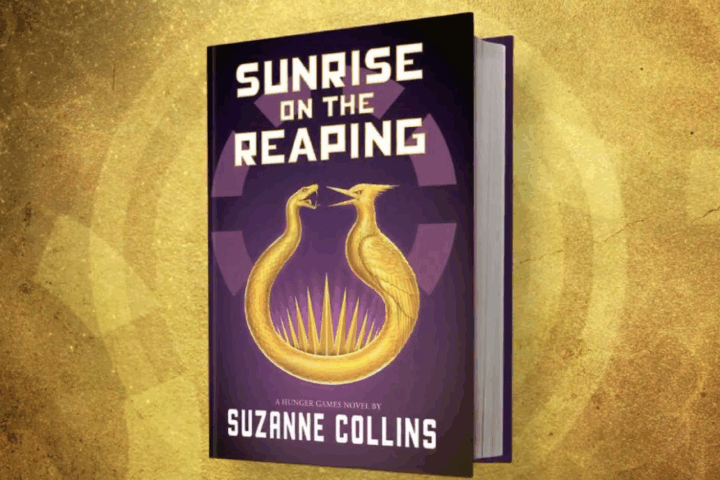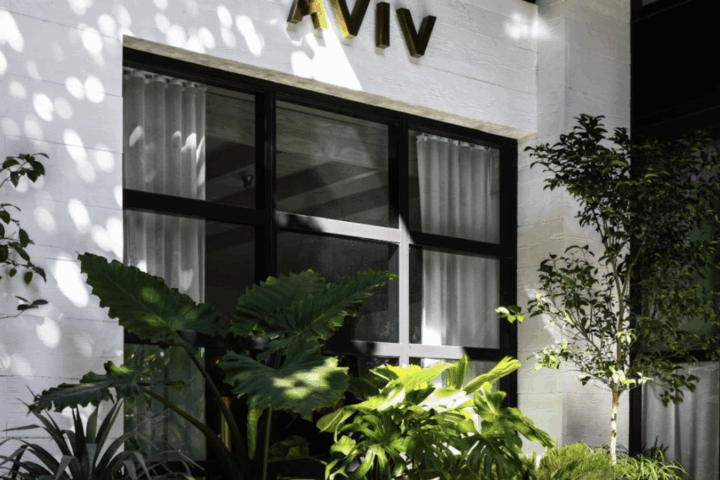9:00 pm: phones buzz, fake IDs out in the open, Fieldston students drink at an apartment — it is Fest time. Fests, explains Evan Weinstein (V), are parties “where people like to blow off steam.” Charlie Sloane (VI) describes them as an “event in which kids rent out a club or gallery space for a few hours and host a big party.” Upper School principal, Laura Danforth, tells me that she’s gathered fests can be described as a rented party space where “[Fieldston] kids go that are either under the influence or really drunk. Girls dress very provocatively. I get an image of this raging adolescent hormonal evening.” Although Ms. Danforth acknowledges that fests may be an opportunity for students to “come together as a school,” she adds, “if there’s illegal activity and excess, I don’t see anything positive about them.”
Called “post-Homecoming” parties in the 1990s, Fests have evolved into events where students engage in more than imbibing a few drinks, and their behavior has prompted the school to involve itself in students’ extracurricular social lives. “I worry that a student will die on my watch,” Danforth tells me. “I worry about excess, especially poisoning one’s body.”
Ms. Danforth’s concern for Fests was not expressed by John Love, Upper School Principal from 2004-2012, who tells me that although he “sent out an email to the parents before Fests basically saying that they weren’t school sponsored events,” Dr. Love “never heard about anything particularly bad happening at [them].” For him, they weren’t “any different than a party that a kid would have at his house.” Neither Dr. Love, nor any of the deans at the time “wanted to manage the kids’ social lives. Unless it got really extreme, which it never did during my time. What the kids did on the weekend was not the school’s job to police.” And yet, unbeknownst to Dr. Love, Fests were advancing culturally across America into nights of excess.
“Springfest of my Sophomore year was a bad experience,” Samantha Dascher, Class of 2006, tells me. It “was the first time I had ever really consumed hard alcohol — Raspberry Smirnoff Twist — and after three shots on an empty stomach in less than 10 minutes, I was totally wasted.” Ms. Dascher “ended up in the hospital that night” after “blacking out and throwing up while another girlfriend of [hers] was completely passed out and comatose.” Despite her unpleasant experience, Ms. Dascher tells me that she “always liked [Fests]. They were extremely nerve-wracking when you were the younger ones there, but they were still fun.” Plus, she elaborates, “the dancing was a big bonus.”
“Looking back” on fests, Jordan Siskind-Weiss, class of 2011, reminisces, “I don’t remember really enjoying the parties themselves. People got excessively drunk and got sick / behaved inappropriately. I also remember boys getting pretty handsy and not enjoying that.”
While some students are uncomfortable at fests, others thrive — even profit from the parties. Tai Bassin, class of 2011, had no reservations telling me he “made about $2,000” a night and “took advantage of rich wasted white girls” to “make $80 a ticket” at the door. Fests in his time were usually held at the Vinegar Factory which “was clutch because Sasha [Zabar]’s dad [Eli Zabar] owned it.”
Another for profit fest organizer, Sasha Zabar (Class of 2009), is infamous for his self-appointed title as the creator of the high-school party. “We defined it,” Zabar told the New York Post in an 2011 article. “People would be throwing up and comatose on the sidewalk, and I’d have to call an ambulance. But we never got shut down.” At one party, Zabar braged, he made $20,000 in cash.
Sometimes, Tai tells me, “one of us would use a fake alias to sign the insurance lease (def not very legal), but then again these club promoters were all sketchy guidos and couldn’t care less.” Tai didn’t run the operation on his own, however, he often “worked with a club promoter that Spencer ‘Get Money’ Barkoff (’09) was close with.” He also paid “two kids per grade [to] sell tickets.”
In contrast to the profit-seekers, some students have organized fests for charitable causes. “I started Water:Fest when I saw how much money fests could make in one night,” Samara Flug, Class of 2011, writes me. “I knew the [party] would push our [charity] campaign further than I could have ever imagined. Our goal was $5,000 for the semester and I didn’t think we’d make it. We made over $7,000 from Water:Fest alone.” The biggest challenge, Samara tells me, “was taking care of sick people. You need people on hand who can deal with that.” Other than that, though, Samara “was impressed by how many people wouldn’t ask for change or would even give more than the ticket price, because they knew it was a donation.”
Since Sasha Zabar’s $20,000 parties, there have been changes at Fieldston. Dr. Love’s “don’t ask, don’t tell” attitude has been replaced by a more involved administration. The key difference in Danforth’s take on fests comes in the school’s official response. “The more we talk about it, and the more we demystify it then the less exciting it is,” she tells me. “Bringing the whole culture out of the closet and being able to talk about it with administrators, faculty, kids, the principal, and parents takes away some of the power.” And talk about it we have.
On November 26th Fieldston held its first ever alcohol and drugs roundtable, co-led by Laura Danforth and me, David Fishman (V). “Join Laura Danforth to discuss the pressures of ‘going too far’ and the appeal of alcohol,” read the Fieldston Bulletin that day. Upwards of 150 students shuffled into the Stu-Fac to share their fears, stories, and concerns about fest culture and binge drinking. The discussion was deemed a success by Ms. Danforth, the faculty, and the student body as a whole. Sabrina Reich (VI) even commented in that evening’s Fest Facebook page that she “hope[d] everyone learned something from the [F]est roundtable,” and to “be responsible.”
The discussion didn’t end there. Six months later, on May 13th, the Fieldston community participated in a “Gender, Power, and Consent” MAD (Modified Awareness Day) organized by Juliet Lewis (VI) and Paul Schorin (V). Workshops held throughout the school addressed issues including consent on campus, gender roles, and Fest culture.
“Imagine how great it would be if you never felt pressure to hook up with more girls or boys at a fest than you were comfortable with,” the leaders projected at the MAD’s introductory assembly. “[Imagine] how awesome it would be if you never felt pressured to say yes when you wanted no, or no when you wanted yes, if sex could actually be about pleasure and not social conventions.”
During the Fest culture workshop, a room packed with students from all grades shared their experiences. “Consent is not implied until the girl says no. Consent is a yes,” Robin Krupnick (VI) said, receiving a wave of “snaps” signaling the group’s general approval. “You never talk to anyone you hook up with,” Katie Serwer (IV) pondered. “It’s the weirdest thing ever. If you’re too uncomfortable to ask, then why are you doing it?”
Lucas Philips (V) said that “at a fest there’s really no consent. It’s just assumed.” He went on to say that “at Fieldston there’s drunk, and then there’s Fest-drunk. Fest-drunk is black-out drunk.”
Opinions about fests were generally mixed. Miranda Einhorn (VI) argued that “it’s fun to be drunk. It’s fun to be with your friends. It’s fun to get dressed up. Everything except the gross parts.” Emma Kaeser (VI) explained that at Fests “everyone’s invited. Everyone who can afford a ticket can go. It’s not an exclusive party.” Jack Upton (V) simply stated that “rejection is 100% less scary at a fest.”
Outside of the MAD, students were less forthcoming with their experiences at fests. I reached out to 10 students from each grade — randomly chosen from the Fieldston directory — and many felt too uncomfortable or ashamed to share their experiences.
“The lure of the Fest is essentially just a night where some people can express themselves in a rare and bizarrely different environment,” Ryder Kimball (VI), an organizer of Water:Fest and Springfest, tells me. “Amidst a many complaints of fests, the most common complaint seems to be that kids get carried away in many different ways. This aspect of the fest openly exists but is really just a darker side to a generally beneficial experience.”
Nick Koepp (V) has “a love-hate relationship” with Fests. “While [they] provide an environment for high schoolers to blow off steam and get all that crazy out of their system,” he tells me, “there’s a lot of grossness and objectification that goes on. They become almost like the Olympic games of high school popularity, especially given all of the talk that goes on post-Fest about who’s hooked up with who.”
Fests aren’t for everyone. George McNulty (III) told me that although he’d gone to one, he “will never go again because it was weird and nasty.” He does, however, “think they should continue because some people like them and even if we tried to stop them they will continue.”
Jillian Rice (V) also “doesn’t attend Fieldston fests.” For her, “the Mondays afterward would just be too awkward.” On the one hand, she tells me, “you can let loose and talk to people you have never spoken to.” On the other hand “you also might do something that you will regret the next day.”
Seniors and juniors chipped in to organize the three fests we’ve had this year. Jack Perlman (VI) helped plan Water:Fest, which, he tells me, offered “an effective way to raise money and help others.” In general, he says, “I don’t really see Fest culture as the major problem. I think individuals use the Fest as an excuse for a release. At Fieldston, people love to come down on Fests because they represent all the components we’re taught to avoid in high school: binge drinking, pushing the limits of consent, etc. Many think it’s cool and even their ethical duty to protest these issues, but the truth is a lot of people do enjoy them.” Henry Hays (VI), another organizer of Water:Fest, “likes how fests are effective ways to promote worthy causes,” but, he says, “I don’t like how one cannot really have fun at these events whilst sober.” In their time at Fieldston, one Senior parent signed all the clubs’ liability forms and assumed responsibility for all of the students at the parties, a significant legal risk.
Unlike Jack and Henry, Charlie Sloane (VI) set out running fests to make money. “I was approached by other students who needed someone to help put down money for the deposit and I agreed to help,” he tells me. “I realized that not only would this be a good financial decision to make, for I would be making money, but I would also help organize a much awaited and anticipated party.” Charlie believes that “Fests, and this includes pre-gaming too, are some of the most fun times. Also, probably 80% of the relationships at Fieldston are started at a Fest or a different big party.” It is “when people are under the influence,” he explains, that “their guards go down and relationships can be made because of that confidence that most kids usually don’t have.” Throughout his four years at Fieldston, Charlie’s experiences with fest culture have been “overwhelmingly positive.”
Will any of the workshops we’ve had mean anything? What is the result of Ms. Danforth’s increased involvement? Will things change? The future of Fests is an open question. Nevertheless, Ms. Danforth says, “I have an obligation to do whatever I can to do to educate you about choices. It’s ok to choose not to party, but if you do decide to drink, you should know the consequences that may come with it.”
Despite some public consensus at meetings in school about the drawbacks of Fests, student participation remains higher than ever. Over 200 students attended each of the three fests this year. As Jack Perlman (VI) puts it, “If Fieldston doesn’t want fests anymore, and that’s exactly how it sounds after every MAD or roundtable discussion, then its the students who should step up and refuse to go.”









